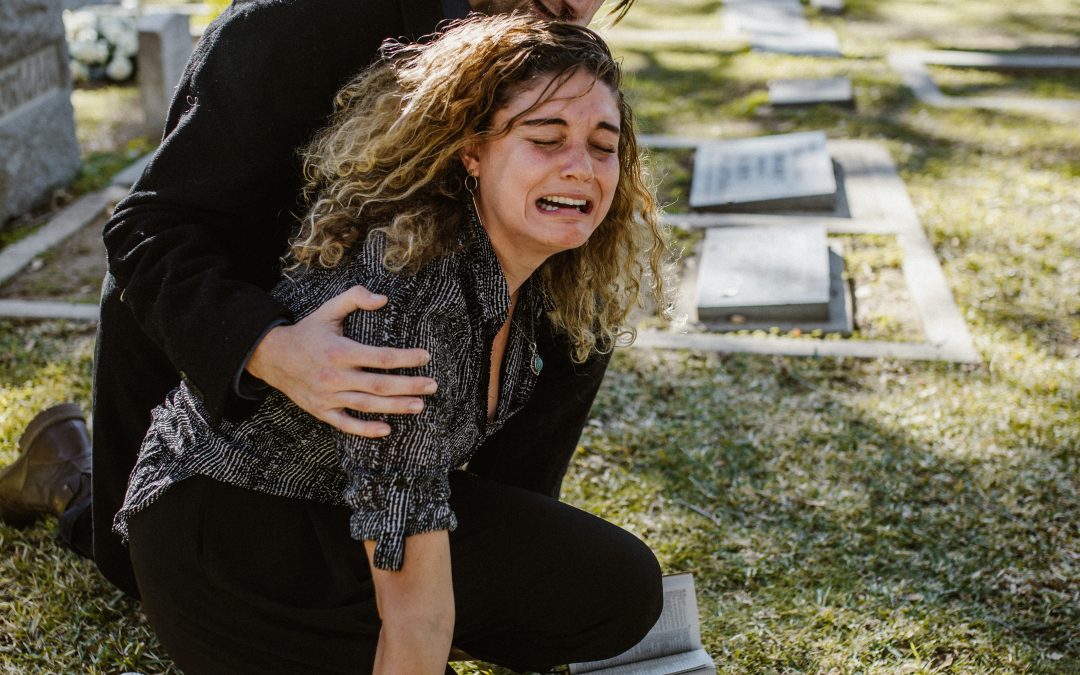To listen to Nancy’s answer recorded from Moody radio, click below.
So often, when a friend or acquaintance becomes ill or is hurting, we are concerned, feel sorry for them, pray and sometimes call to see how they are doing. We might even see it as our duty to go and visit them. At times like this, most of us exercise a sense of pity which is more of a hands-off approach in dealing with a friend who needs some help. Jesus, however, is compassionate by His nature.
Godly compassion is having sympathetic concern for the sufferings with a deep heart desire to go and help or relieve someone from their pain and suffering. It might include giving someone money to buy clothes, food, and medications. Just being there to sit with and listen to our hurting friend is a beautiful compassionate way to bring peace to others. When we feel genuine compassion toward others, we won’t see them as helpless victims; instead, we see them as human beings, created in the image of God, who are in anguish, grief, and pain and need our help. Through the work of the Holy Spirit, God gives us His spirit of compassion to pass on to others.
Jesus was our perfect example of how to deal with hurting people. God’s compassion for those whom He created is beyond human understanding.
“But you, Lord, are a compassionate and gracious God, slow to anger, abounding in love and faithfulness” (Psalm 86:15).
“Because of the Lord’s great love, we are not consumed, for his compassions never fail. They are new every morning; great is your faithfulness” (Lamentations 3:22–23).
Jesus met the needs of people to serve as an example for all of us, to do whatever we can to comfort and help those who are hurting.
The following are some examples.
When Jesus saw people weeping at the grave of Lazarus, He cried with them.
“When Jesus saw her weeping, and the Jews who had come with her also weeping, he was deeply moved in his spirit and greatly troubled. And he said, “Where have you laid him?” They said to him, “Lord, come and see.” Jesus wept” (John 11:33–35).
When Jesus saw the large crowds, He was moved with compassion to heal the sick and feed the hungry.
“When he went ashore he saw a great crowd, and he had compassion on them and healed their sick. Now when it was evening, the disciples came to him and said, “This is a desolate place, and the day is now over; send the crowds away to go into the villages and buy food for themselves.” But Jesus said, “They need not go away; you give them something to eat.” They said to him, “We have only five loaves here and two fish.” And he said, “Bring them here to me.” Then he ordered the crowds to sit down on the grass, and taking the five loaves and the two fish, he looked up to Heaven and said a blessing. Then he broke the loaves and gave them to the disciples, and the disciples gave them to the crowds. And they all ate and were satisfied” (Matthew 14:14-20).
Jesus had compassion for those who were ostracized from their communities.
“A man with leprosy came to him and begged him on his knees, “If you are willing, you can make me clean.” Jesus was indignant. He reached out his hand and touched the man. “I am willing,” he said. “Be clean!” Mark 1:40–41
Jesus had compassion for those who were seeking truth.
When He saw the large crowds as sheep without a shepherd, His compassion led Him to teach them the things the false shepherds of Israel had abandoned. The priests and scribes were proud and corrupt; they despised the ordinary people and neglected them, but Jesus had compassion for them and taught and loved them.
Did Jesus shy away from those who did not believe in Him?
The Pharisees had asked Him which single command of God is the greatest, but Jesus provided two, stating what we are to do and how to do it. “The most important one,” answered Jesus, “is this: ‘Hear, O Israel: The Lord our God, the Lord is one. Love the Lord your God with all your heart and with all your soul and with all your mind and with all your strength. The second is this: ‘Love your neighbor as yourself.’ There is no commandment greater than these” (Mark 12:29-31).
Scripture is filled with commands for us to follow that will reflect our love toward God and others.
“Be kind to one another, tenderhearted, forgiving one another, as God in Christ forgave you” (Ephesians 4:32).
“Bear one another’s burdens, and so fulfill the law of Christ” (Galatians 6:2).
Some of you might be asking yourself why God has not healed you. Is it because they do not matter to God?
No, everyone that God created matter to Him. Is it because you don’t deserve healing? None of us deserve healing. God heals to draw people to Himself, and he also chooses not to heal to draw people to Himself. God will use illness and even death to accomplish His will. When we pray for healing for a very sick friend, sometimes God answers our prayer by taking them to Heaven, where there is no more sadness, sickness, or death. They are with Jesus in perfect peace for eternity.
It is no wonder why Paul said in Philippians 1:23-24: “For I am hard-pressed between the two, having a desire to depart and be with Christ, which is far better. Nevertheless to remain in the flesh is more needful for you.”
“Put on then, as God’s chosen ones, holy and beloved, compassionate hearts, kindness, humility, meekness, and patience, bearing with one another and, if one has a complaint against another, forgiving each other; as the Lord has forgiven you, so you also must forgive” (Colossians 3:12-13).

